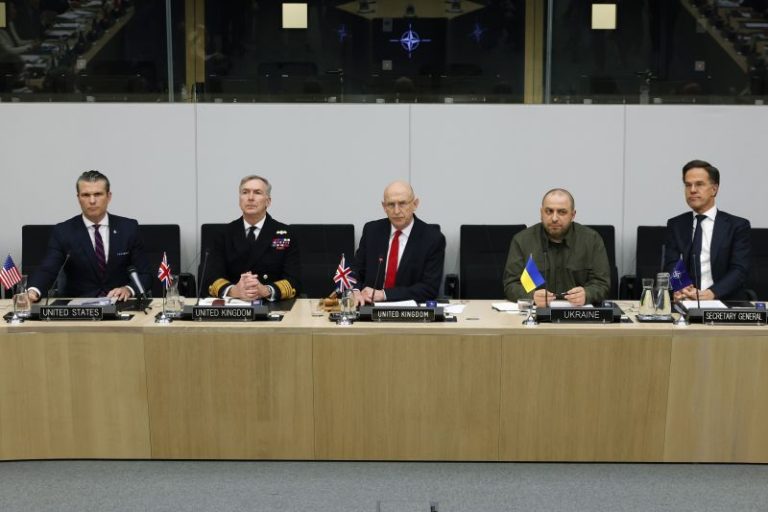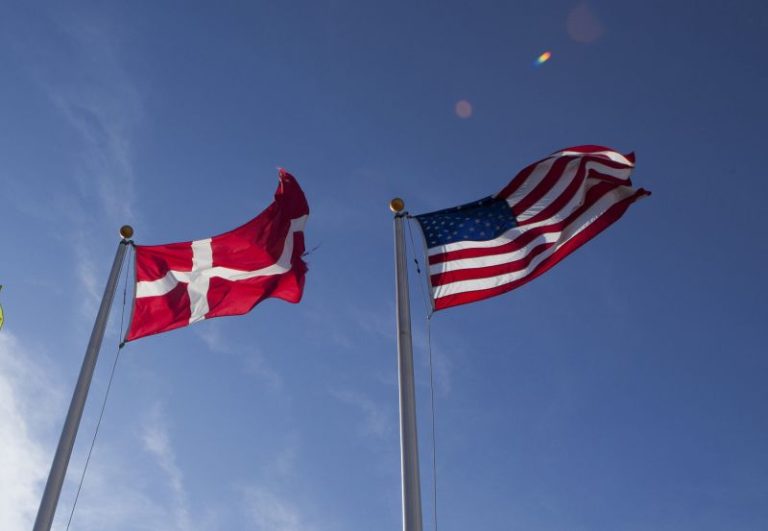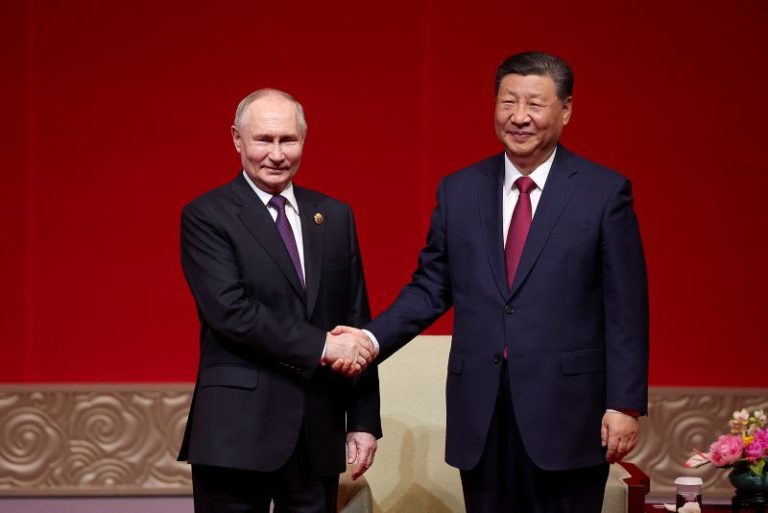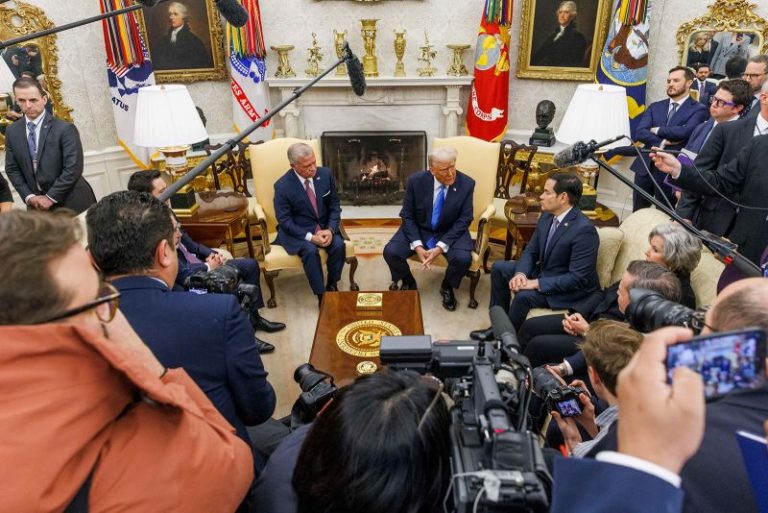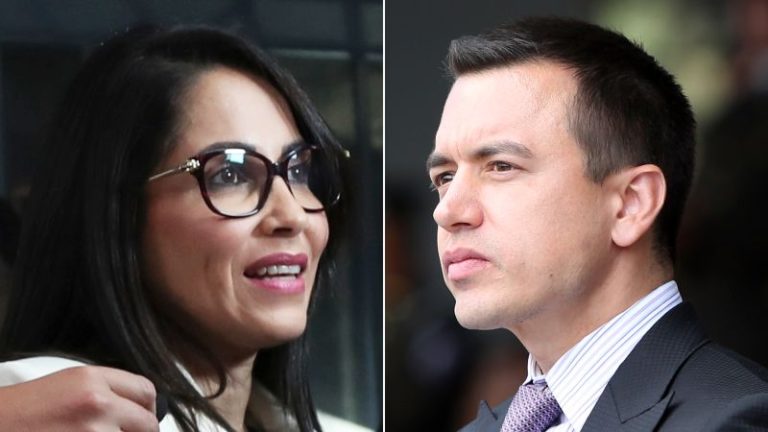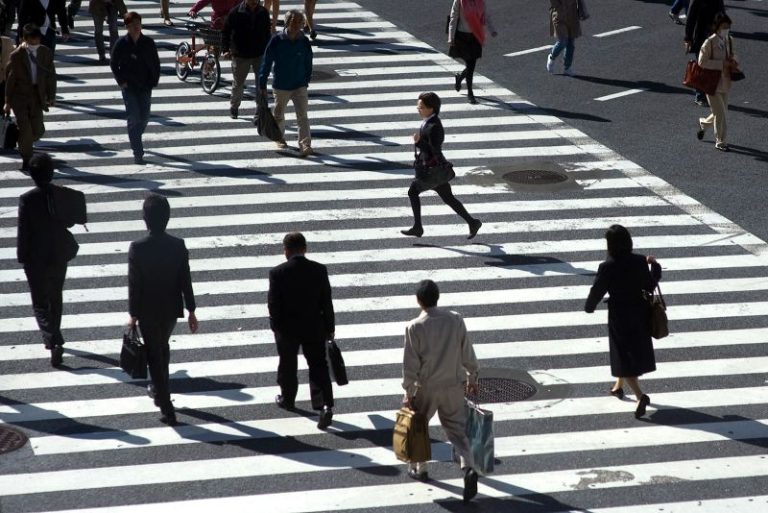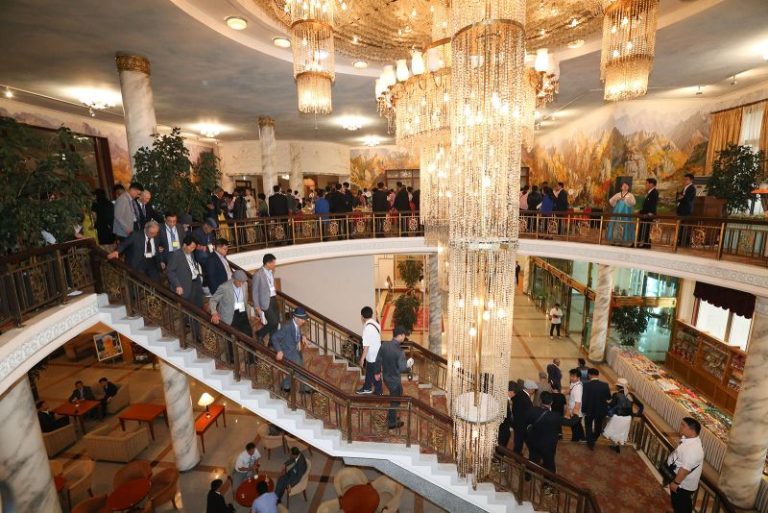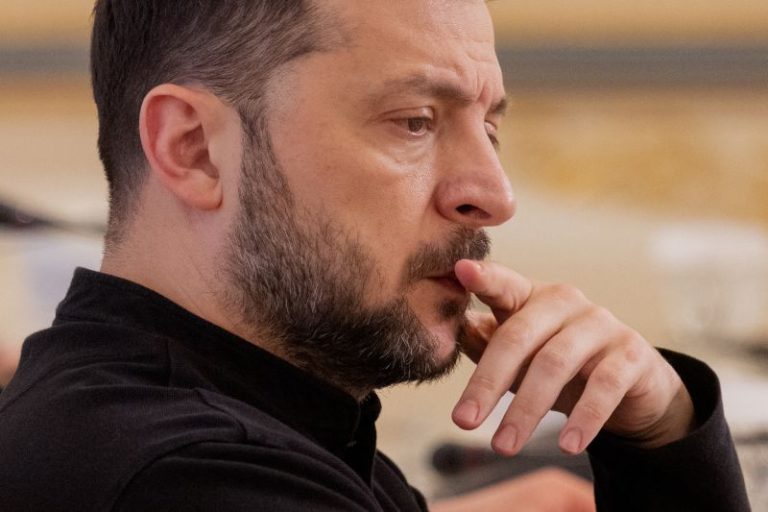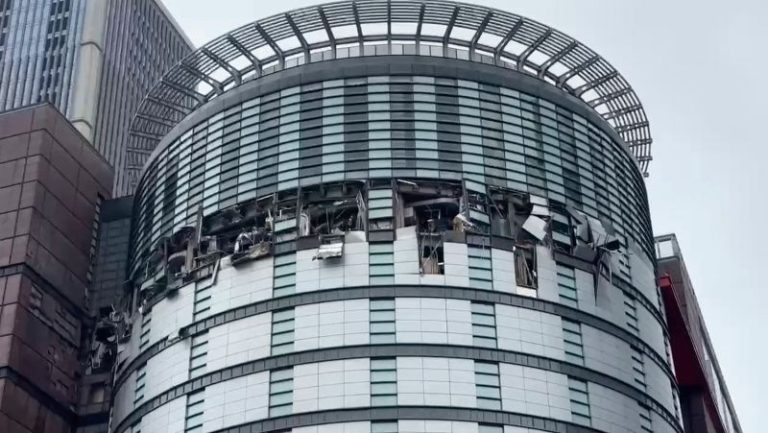Wednesday’s meeting at the NATO headquarters in Brussels was, on paper, about coordinating military aid for Ukraine and welcoming the new US Secretary of Defense Pete Hegseth into the international fold. In practice, it was a day that saw the Trump administration upend the alliance’s approach to this almost 3-year-old war, lay out a vision that seemed to deliver some of Moscow’s key demands, and leave NATO allies fighting to avoid the appearance of disunity.
There were, of course, clear signs this was not going to be smooth sailing. US President Donald Trump fired the starting gun on this critical week of diplomacy by pouring cold water on Ukraine’s hopes of a favorable peace deal.
But coordinating with allies may not be a top priority for the Trump administration. Overnight it has lurched the NATO alliance from a stated policy that Ukraine was on an “irreversible path” to membership, to Hegseth’s blunt statement: “The United States does not believe that NATO membership for Ukraine is a realistic outcome of a negotiated settlement.”
Several of his European counterparts tried to argue the two positions were not incompatible.
Whether or not this, or Hegseth’s comment that Ukrainian ambitions to return to pre-2014 borders were “unrealistic,” were meant as a break with previous policy, one thing is clear. “The US is quite happy to march to its own beat and leave Europe and Ukraine to pick up the pieces,” said Matthew Savill, Director of Military Sciences at the Royal United Services Institute, a think tank in London.
“European countries have to get with the mood music … If they think any US official or politician is going to stick their neck out for Europe, on Europe’s behalf, they are kidding themselves.”
News at the end of the day in Brussels, that while NATO ministers tried to coordinate efforts to counter Russian aggression, President Trump spent 90 minutes on the phone with Russian President Vladimir Putin is a case in point. Ukraine’s Defense Minister Rustem Umerov, when asked about this at a briefing, simply walked away from the cameras.
Amongst all the status-quo-churning statements from the Trump administration, there is one hard truth Europe must face. The 2% defense spending target, which a third of NATO members haven’t even hit yet, is looking increasingly outdated. Hegseth even name-checked his boss to drive the message home.
“Two percent is not enough; President Trump has called for 5%, and I agree,” said Hegseth. “The United States will no longer tolerate an imbalanced relationship which encourages dependency.” And the urgency is not only coming from the US. “If we stick to 2% we cannot defend ourselves in four to five years,” said Rutte. “It is crucial that Russia’s rearmament is met by us.”
On this point, it’s hard to find a NATO minister that wouldn’t say they agree. Still, it is what they actually do that will matter. “We heard (Hegseth’s) call for European nations to step up. We can, and we will,” promised UK Defense Secretary Healey.
And yet the UK’s government has committed to raising its spending only from the current 2.3% level to 2.5% of GDP, without specifying a time period.
Caught between a United States promising “resourcing trade-offs” as it prioritizes the Pacific, and a Russia whose defense industry is already vastly outproducing the EU, this may be a reality NATO’s European members can no longer just agree with.

